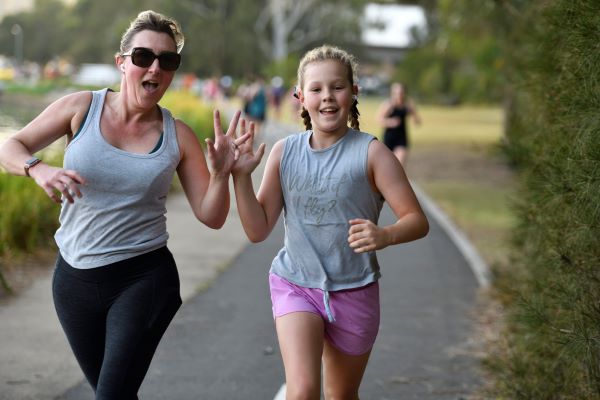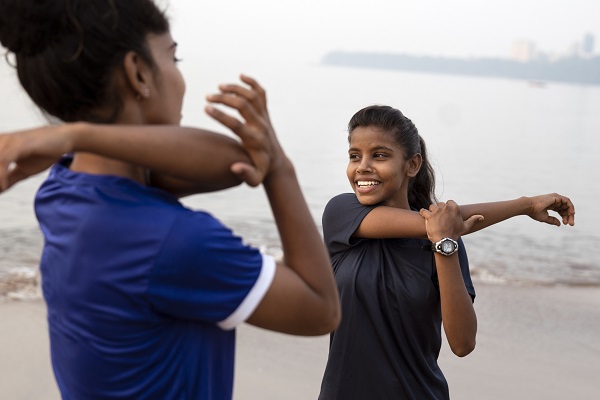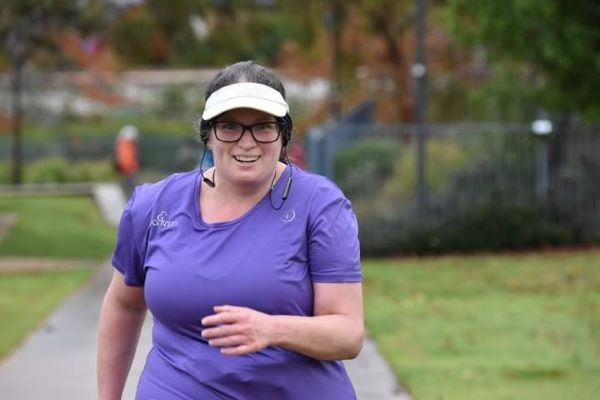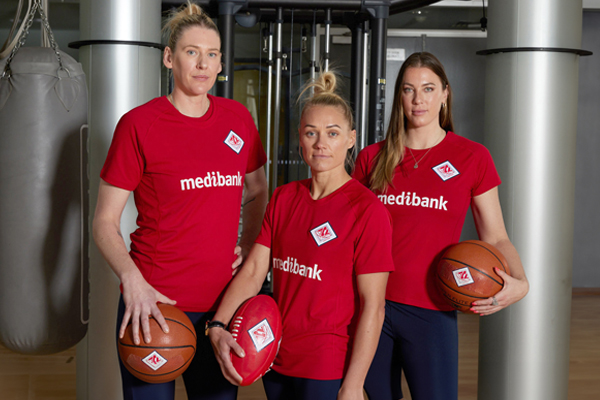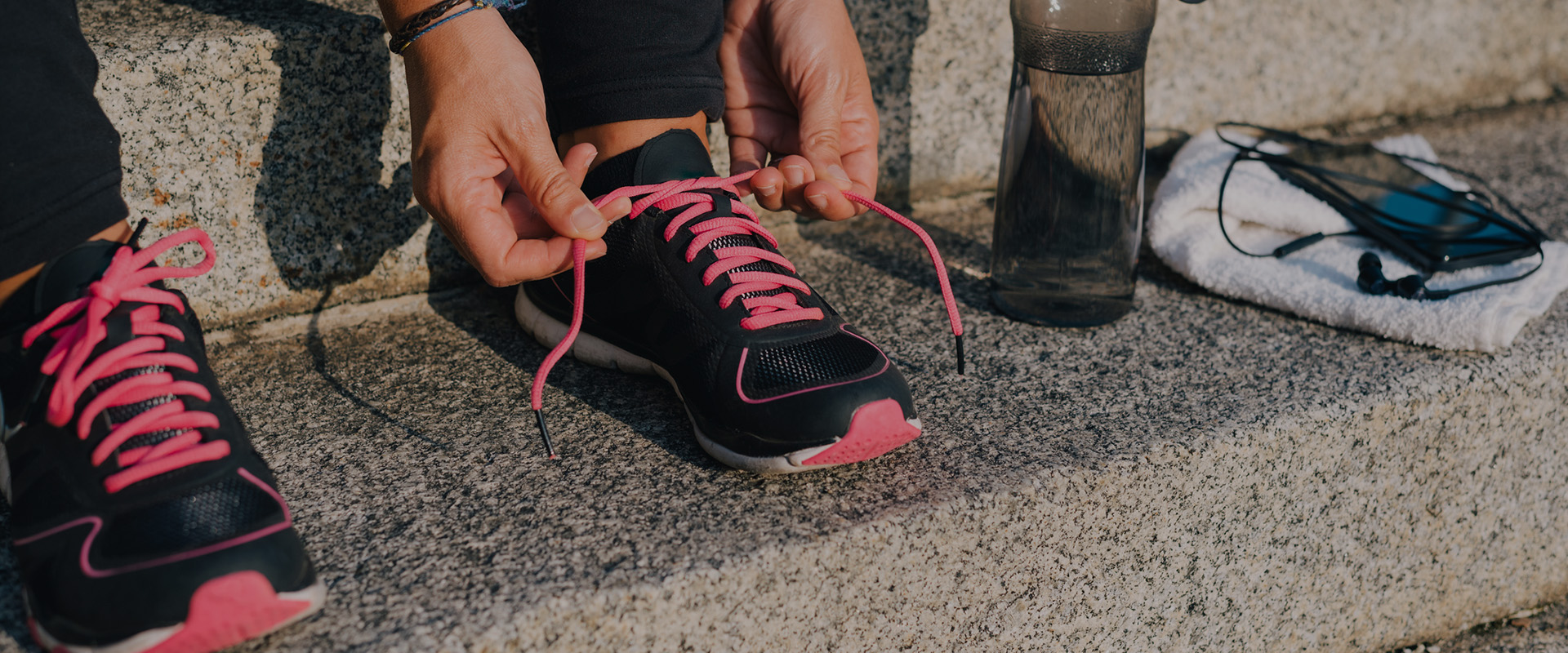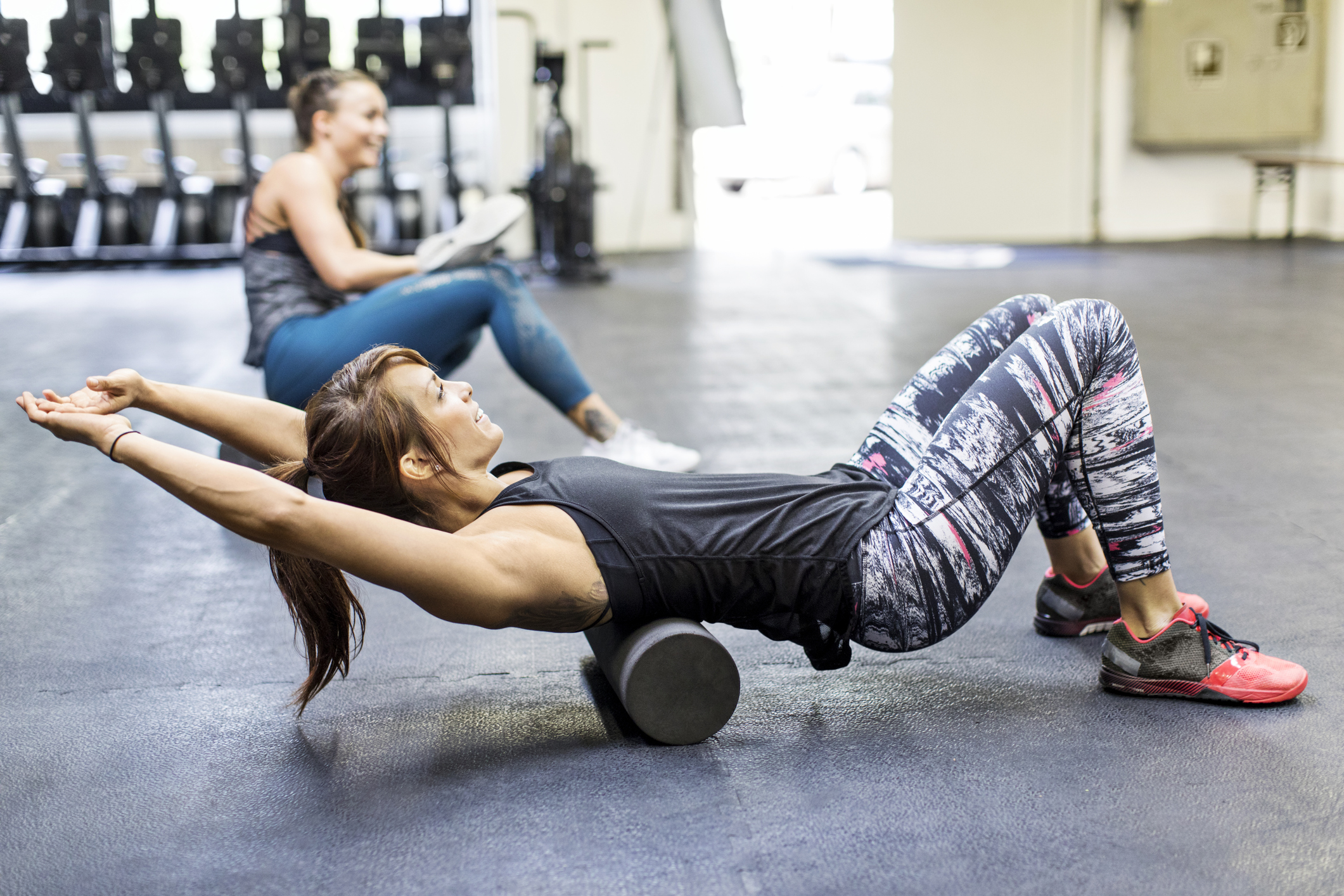-
It’s been three years since Australian swimmer Cameron McEvoy represented Australia at the London Games – a stellar period that has seen the champ grow stronger, more experienced and notch up some serious victories in the pool. With all eyes on the training road to Rio 2016, we caught up with Cameron between his swimming and studies to check how he’s progressing.
As the road to Rio counts down to its final year, what do the next 12 months look like for you?
Mostly, from my perspective, it will be a mixture of cold, chlorinated water and black lines woven with some of the foundational equations and ideas of quantum mechanics as I slowly move and improve through my daily swimming and university routines.
How does the way you feel now compare to the lead up to London 2012?
I'm a completely different person right now to who I was in 2012. I was a young 17-year-old boy just out of high school who had barely gone through puberty and had the world at my feet. I have learned a lot over the past few years and built up valuable experience in how I mentally approach competitions and training. Physically, I am larger, stronger and with more confidence in my ability to perform on the world stage.
Your most memorable race?
My most memorable race thus far would have to be my very first world championship 100 m freestyle final as a 19-year-old in Barcelona in 2013. I went into the competition as an underdog in my mind, and a child in the rest of the world’s. So I had a large amount of self-confidence and fearless energy that I was able to concentrate into my performances. Nobody expected me to make the semi-finals, let alone the final. So when I swam the final and missed becoming a world champion by 0.17(s) everybody was surprised. I still don't think many people understand how close I came to becoming the world champion in that event, and that feeling of being the underdog still gives me incredible energy and excitement that I use for current competitions.
Most watched swimming YouTube clip?
The London 100 m and 200 m freestyle finals are both equally watched the most. They are my best events and I was present on the side of the pool in London when they were on. I analyse the atmosphere and the times swam to qualify and the times swam to medal in the finals and try to visualise as much as possible what it would be like in Rio next year.
As an aspiring physicist, there must be some pretty big questions running through your head during training sessions. How do your passions marry up?
I can use my knowledge of physics to help me qualitatively analyse the best methods to move through the water. This could be the dive, the turn, all aspects of the stroke, even movements in the gym that may potentially correlate into the water.
If you weren't training for your second Olympics, what would you be doing?
If swimming was not in my life, I would currently have finished my undergraduate degree in physics and mathematics and would have embarked on my Honours year, which would then lead me into starting a PhD in physics.
Motivating tip for those using the cold winter mornings as an excuse for not exercising?
If an aspiring physicist can do it every day of the week, you can do it at least once.
Check out Cameron's favourite swimming gear at speedo.com.au
Cameron McEvoy's formula for success
-
Everything you need to know about parkrun
Been wondering what a parkrun looks like? Where do you go? What do you do? How do you sign up? Find out here.
-
Five ways to exercise when on a budget
You don’t need to spend money on gym memberships just to meet your fitness goals. Here are five free ways to stay healthy and active when you’re living on a budget.
-
How parkrun changed my life
Christie Farrow went from being an exercise-phobe to a true blue runner with parkrun.
-
Australia's top female athletes unite on ACL injury
Some of Australia's most talented athletes have joined forces to highlight the unique injury challenges women face.
-
How to create your perfect summer fitness plan
Be inspired by the sunshine and get moving
-
The essential foam rolling routine
Improve posture and flexibility with this essential foam rolling routine. Discover effective stretches to ease muscle tightness and enhance your daily movement.
Subscribe to receive the best from Live Better every week. Healthy recipes, exercise tips and activities, offers and promotions – everything to help you eat, move and feel better.
By clicking sign up I understand and agree to Medibank's privacy policy

